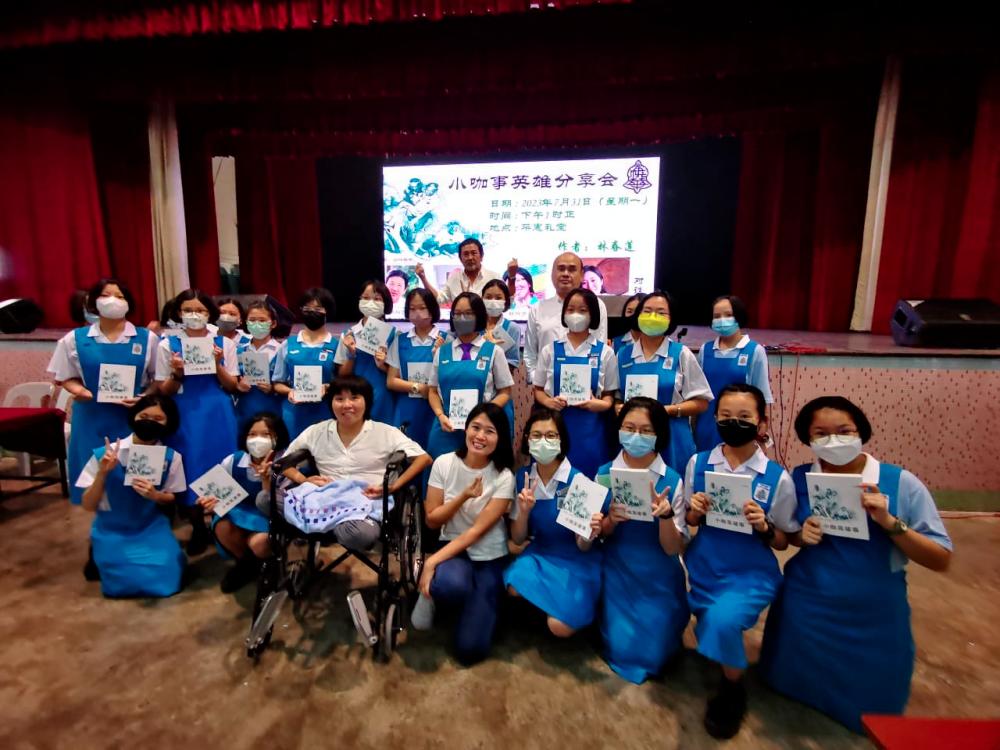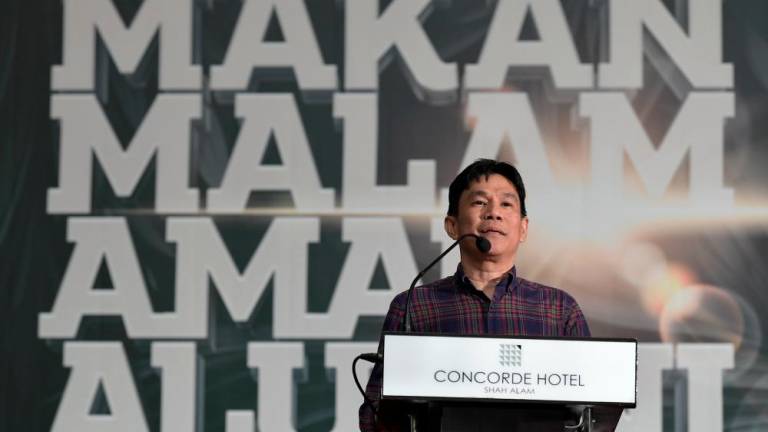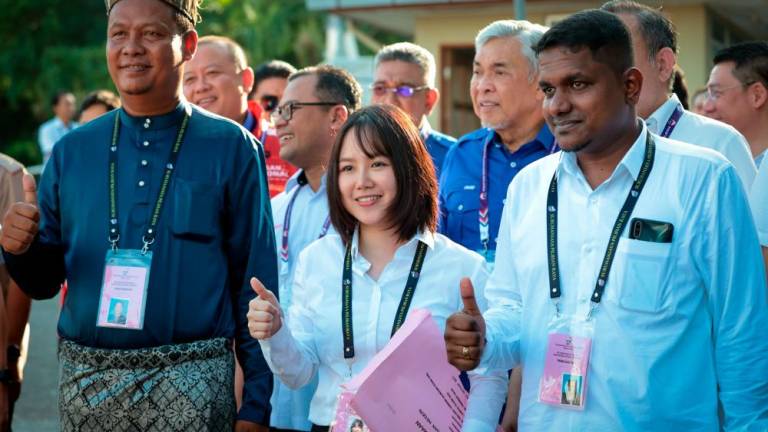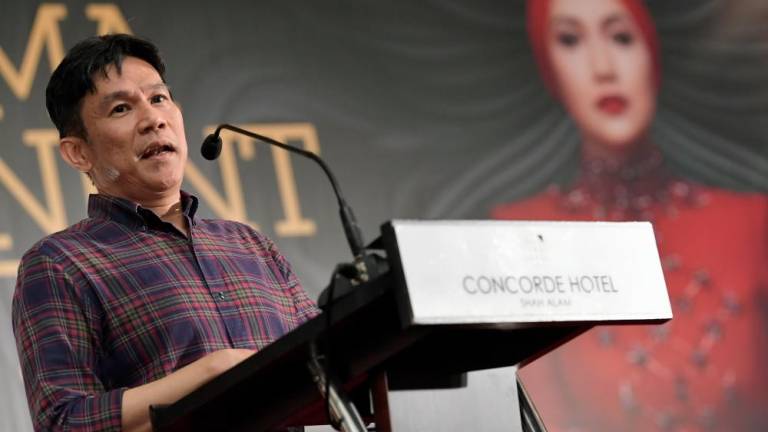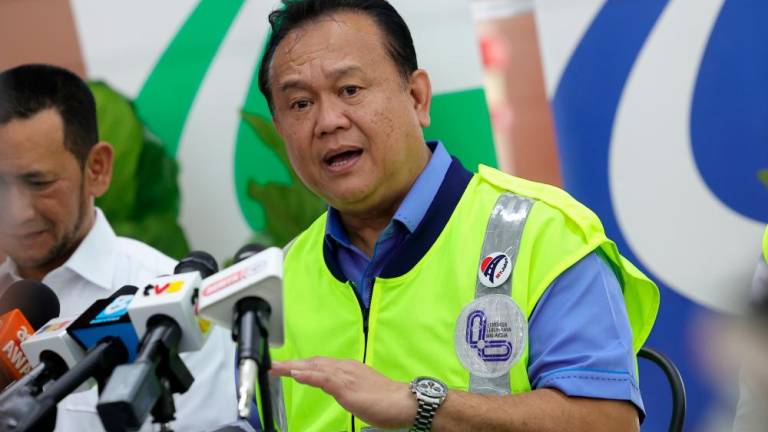PETALING JAYA: The Women, Family and Community Development Ministry is reviewing the Persons with Disabilities Act 2008 to enhance their rights, including accessibility to employment.
Its spokesperson said employers have an obligation under Section 685 of the Act to provide the group with equal opportunities, equal remuneration for work of equal value and safe working conditions.
“The ministry is aware of the challenges faced by differently-abled persons in accessing employment opportunities and we hope to finalise the amendments to possibly table the Bill in the Dewan Rakyat this year,” she said.
She was commenting on theSun’s report on March 20, which highlighted the story of wheelchair-bound Khu Li Huang, 40, who has been experiencing discriminatory hiring practices as a person with disability.
Khu has a Bachelor of Arts and a Master of Social Science degree majoring in Anthropology and Sociology from Universiti Sains Malaysia. She became a person with disability at age 16 after she was hit by a lorry while on the way to school in 1999.
When seeking employment, Khu faced rejections each time a potential employer realised she was disabled. Among the reasons that were given to her was the lack of disabled-friendly facilities at the workplace.
Khu urged the government to look into the discriminatory practices faced by the differently-abled and provide them with equal access to employment opportunities, especially in government sectors.
The Women, Family and Community Development Ministry’s spokesperson told theSun it encourages the differently-abled community to report instances of employment discrimination to the authorities.
ALSO READ: Wheelchair user facing uphill climb in job quest
“They can file complaints with the Human Resources Ministry or the Human Rights Commission of Malaysia to seek redress. The differently-abled should also be aware of their rights.
“Reporting such discrimination helps them seek redress and is also a crucial step towards promoting equality, accountability and social justice at the workplace.”
She said the ministry has also partnered with the National Council for Persons with Disabilities to establish an Employment Committee that ensures equal employment opportunities.
“The committee also evaluates the effectiveness of policies and programmes designed for the differently-abled to ensure they achieve their full and effective participation.
“We are hopeful through this collaboration, significant strides can be made to foster inclusivity and empower the differently-abled in the workforce.”
UiTM Faculty of Business Management (Human Resources) senior lecturer Dr Muhammad Aiman Arifin said discrimination often occurs when employers fail to recognise the abilities of differently-abled persons.
“It is crucial to view the differently-abled as equals, despite the constraints they may be facing. Many fail to recognise when we prioritise competency over disabilities, we embrace an additional asset for an organisation.”
Muhammad Aiman said it is important that employers ensure the differently-abled have access to suitable facilities in their organisations.
He said with support, the differently-abled can feel valued, just like other employees, thereby sustaining a fair working environment.
“Many laws in Malaysia protect the differently-abled from discrimination, yet the issue persists. Employers must assume responsibility and strike a balance between their needs and those of the differently-abled.”
ALSO READ: Chief statistician: More than 674,000 PwDs registered with JKM as of 2022
He said the government efforts to revise policies and regulations aimed at improving employment opportunities for the differently-abled is a positive step.
“But a comprehensive guideline is needed to harmonise the policies with the mindsets of organisations so employers realise a differently-abled worker is also a valuable asset as long as he or she can contribute positively. In the workforce, our focus should centre on their abilities and what they can contribute, and provide employment that allows them to showcase their capabilities rather than focus on their disabilities.”



